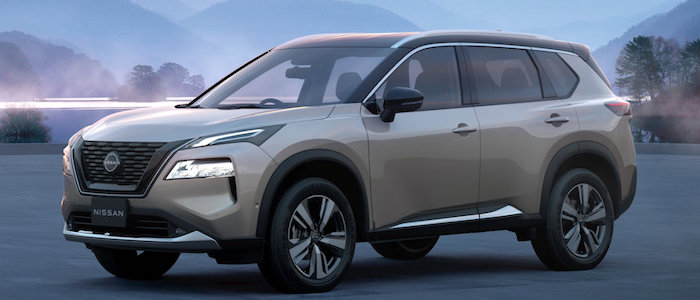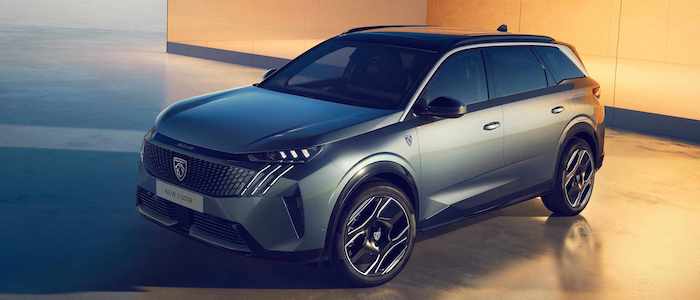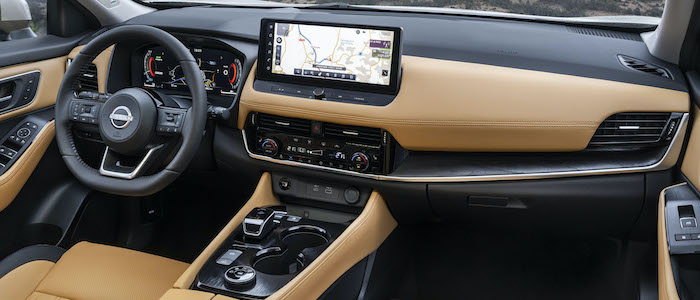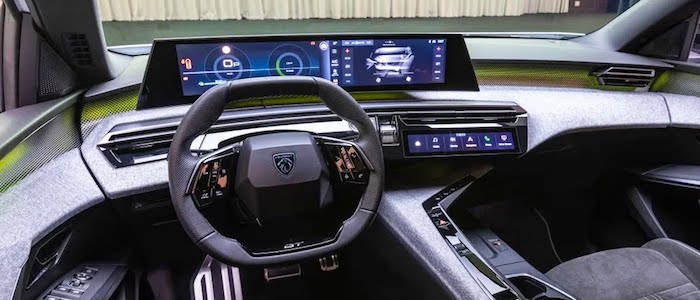Compare two cars
Compare any two cars and get our Virtual Adviser™ opinion
Dimensons & Outlines
Check vehicle history
Engine
1.6 Prince EP6FDT Hybrid
Performance (manual gearbox)
Performance (automatic gearbox)
Expenses
Virtual Adviser's™ opinion
Two significantly similar cars, no doubt about that. Still, each one has something different to offer. Having both cars powered by hybrid engines and utilizing the 5-door suv body style within the same 'SUV' segment, the only major difference here really is their wheel drive configuration (4 x 4 for the Nissan and front in the case of the Peugeot). The first one has a Nissan-engineered powertrain under the hood, a 3-cylinder, 12-valves 214hp unit, while the other one gets its power and torque from a 4-cylinder, 16-valves 195hp engine designed by Peugeot.
SafetyThe fact that the Nissan got tested by the European New Car Assessment Programme (Euro NCAP), while the other contender didn't, puts it sky-high safety-wise, in my eyes at least. That aside, let's consider some other aspects which affect safety. Both vehicles belong to the suv segment, which is generally a very good thing safety-wise, but it doesn't do much to help us decide between the two. On the other hand, when it comes to weight, a factor that most people underestimate, the French car offers a marginal difference of 8% more metal.
ReliabilityManufacturers have been building their reliability reputation for decades now and, generally speaking, it appears that both brands display similar results in faults and breakdowns, when all the models are taken into account. These are the results of an independent reasearch, while our visitors describe reliability of Nissan, as well as Peugeot, with the same average rating of 4.3 out of 5. Unfortunatelly, I don't have enough insight that would allow me to comment in more details on the specific models level. That apart, owners of different cars powered by the same engine as the Japanese car rank it on average as 3.0 out of 5, exactly the same as the other one.
Performance & Fuel economyNissan is undoubtly more agile, reaching 100km/h in 2.2 seconds less than its competitor. Still, it lacks the power to win the top speed competition, topping at 180 kilometers per hour, 40km/h less than the other car. When it comes to fuel economy an obvious choice would be the French car, averaging around 1.1 liters of fuel per 100 kilometers (257 mpg), in combined cycle. That's 527% difference compared to the Japanese car!
Verdict
Nissan appears just a bit more reliable, although the difference is truly marginal. The most important thing when deciding between any two vehicles should always be safety, both passive and active. In my opinion, everything taken into account, the Japanese car beats the other contender by far, making it the best choice without even considering other things. From there things take a different direction, with Peugeot offering somewhat better performance, just enough to call it quicker. To make things even better, it consumps less fuel! No mistake, whatever you decide here, but I'd still go for the Peugeot. In any case that's my personal view, built upon all the data available to me. What should decide here though is the way you feel about the two vehicles, and I hope you'll find my guidelines useful in the process. Also, you could use the oportunity to find out which car, everything taken into account, would be the perfect choice for you in the eyes of the virtual adviser™, among more than 12.000 different ones in our database.































